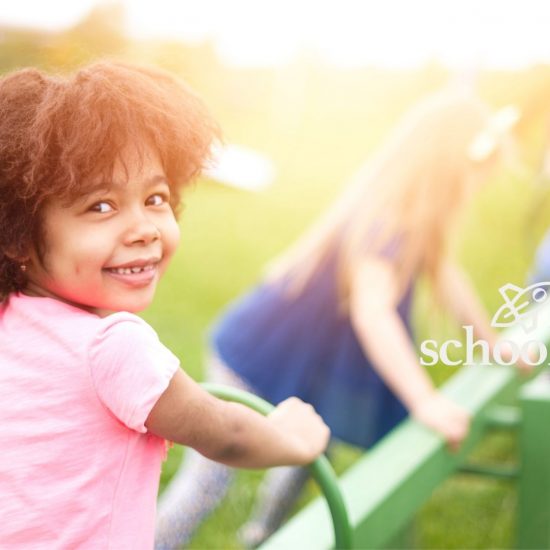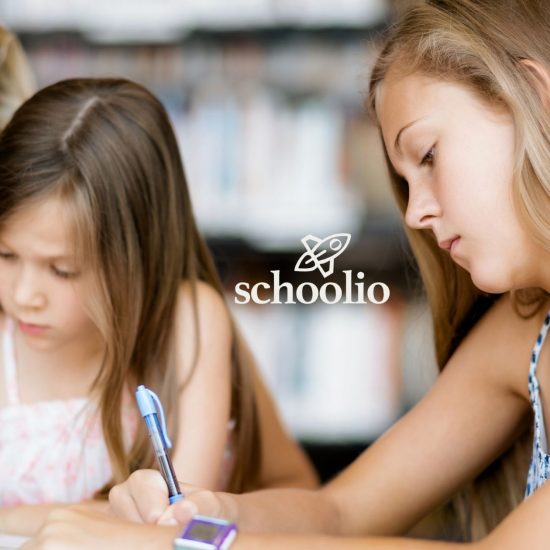Let’s Talk About: Socialization
Hey Lindsey, what’s the difference between Socialization and Socializing when it comes to Homeschooling?
Ah socialization, the most common question asked of the seasoned homeschooler. It’s asked by grandparents and aunts and uncles and family friends and strangers at the grocery store. It’s the source of memes and eyerolls and, yes, sometimes a snarky reply here and there. You have to cut us a break, because we get asked it A LOT. Like, a lot, a lot. And for some people, it’s actually insulting.
I don’t personally mind answering the socialization question repeatedly because I love to inform people about what homeschooling is really like. Homeschooling has been such an enriching and positive experience for our family that I can’t help but want to recruit everyone else to our side of the fence, where the grass is certainly greener from our view.
I like to answer the socialization question in two parts. Because I think people don’t 100% understand what they’re asking to begin with. There’s a difference between “socialization” and “socializing”. Socialization is the process by which a person learns the norms, values, behaviour, and social skills appropriate to his or her society. Socializing, on the other hand, means mingling sociably with others. When most people ask, “But what about SOCIALIZATION?” they are actually asking if my homeschooled children SOCIALIZE. But, since it was asked, I like to go ahead and answer to both.
First of all, yes, my homeschooled children SOCIALIZE. Homeschooling may be more popular than you realize. The numbers certainly differ from area to area, but in my city of 100,000 people in Eastern Ontario, we have more than 100 children who are part of our formal homeschool group- and there’s many more locally who are not part of the formal group. My children do all their extra curricular activities through our homeschool group, which includes, soccer, gymnastics, swimming lessons, art lessons, skating, and track and field. They go to an academic co-op once a month, and a physical education co-op twice a month in the winter. They go to themed parties for Halloween, Christmas, Easter, and at the beginning and end of the school year (our Not-Going-Back-to-School Beach Party on the first day of public school is a blast every year!), as well as weekly park meet-ups all summer long. We average 3 field trips per month from September to June- way out pacing the public school system- and these aren’t just meeting up at a museum and paying the admission, these are regular school field trips organized by our members and hosted and taught by the experts at the various locations. At all of these events, my children see the same groups of kids over and over. I’ll see an email come through for sign-up for some event, and the first thing I do is text the parents of my kids’ closest friends to find out if they’re signing up for that event too.
One amazing beneficial consequence to doing all our extra curricular activities with the homeschooling group, is that it’s ended the crazed rush of getting dinner, homework, and extra curriculars done on weekday evenings. Gone are spending Saturdays bustling from one child’s activity to the next. Our evenings are peaceful times, with healthy dinners, practical bedtimes, and no stressful rushing. Our weekends are for time together as a family.
Now that SOCIALIZING is out of the way, let’s talk about the word most people actually use without understanding what it means. SOCIALIZATION. If we’re talking about the process by which our young and impressionable children, with their growing and not-yet-fully-developed brains, are taught behaviour that is socially acceptable to the society in which they live- who do you think is best suited to provide this social instruction? The mature, experienced adults in their lives who love and care about them? Or their equally immature and inexperienced peers on the playground?
My homeschooled kids are not “helicopter parented”, in fact those who know me know I advocate strongly for free range parenting, but they do have the benefit of my presence as they learn to navigate the difficult waters of peer interaction and socialization. For example, when in public school, if my child had a problem on the playground with a friend, I wouldn’t hear about it until the end of the day. By then, the details are blurred, and my child has already had to make a decision on how to respond and action that decision long ago, when the incident happened. My feedback and guidance, in this instance, comes far too late. Alternatively, when we’re at homeschool activities, the children go off and play together independent of the adults, while we sit together and socialize ourselves. When something comes up, as always does with children, my children are able to come to me, explain the situation and problem before it’s escalated too far, and talk it through and get my guidance immediately. They can then make a decision about their next course of action, and I send them off to action that decision with the person they’re conflicting with. Social Conflict Expert (adult) Consultation and Guidance Independent Decision and Action. Usually followed up later in the day with reflection when I inquire as to how it went. This supported learning of social interaction and conflict resolution with a mature adult acting as advisor has led me to see many amazingly mature interactions between even very young children when they are both homeschoolers.
Speaking of mature interactions, have you ever sat and had a conversation with a homeschooled teenager? They are amazing individuals who have interests and beliefs, and things to say about them. No stereotypical teenage angst, sullen, withdrawn behaviour. No embarrassment to be talking to “old people”. These young adults are articulate and confident and are as lovely and easy to converse with as any adult my own age. I’ve met introverted and extroverted homeschooled teens, but I’ve yet to ever meet the socially awkward, bow-tied, weird “stepford” kid that gets passed around in the stereotypes of homeschooled children.
The benefits of being socialized as a homeschooler are numerous, and yet a lot is said, especially lately, about the “mental health benefits” to children going to school. And always one of the reasons they benefit from school is said to be the “social aspects”. While some children enjoy school, an equal number, if not more, hate it there, either due to the academics or the “social aspects”. I would argue that the public school system is not a positive social education for the majority.
In public school, children are cohorted based on birth year alone. For homeschooled children, they make friends based on interests and personality, rather than year of birth. Both my children have a “best friend”, and neither of their best friends are the same age as they are. Age is a non-issue when it comes to choosing friends in the homeschool world. Part of the toxic culture of public school is the idea that it is “uncool” to socialize with anyone younger than you. Therefore, rarely does anyone socialize outside their age bracket, especially as they get to older elementary years. The smaller the school your child attends, the fewer options they have for friends out of this select age group.
The culture of public school teaches kids these toxic socialization rules, another one of which is that adults are the enemy. Being close to an adult or teacher is not cool (“Teacher’s Pet”), speaking up when rules are broken is not cool (“Tattle Tale”), and consulting and confiding in parents is definitely not cool. Hiding things from the adults, getting away with things, and breaking rules is what is considered cool in this culture. On top of all this, fitting in is the most important social achievement of all. Above all else, conform. Conform, or your life will be made miserable. Failure to conform to the social rules of public school will end with you either being bullied, or at a minimum ostracized and without friends and support. This is a high pressure atmosphere our young people are interacting in every single day, and it’s no wonder so many children suffer from anxiety. Children who enjoy the social side of school are the ones who are best at conforming, either because it follows their natural personality or because they work at it, which is also high-stress and exhausting even if successful. And I think we all know what constant high levels of stress do to a person’s ability to learn, don’t we?
Now some will say, “but kids need to go to school to learn how to deal with those negative interactions, for the real world!”. Ok first of all, how much is the public school system a reflection of the “real world”? And here’s the difference between being bullied at public school, and dealing with the inevitable jerk at work in the “real world”: when you’re a child at public school (first of all, you’re a CHILD, not an adult), school is your WHOLE WORLD. When you’re an adult and have a job, you may have a jerk for a boss or a colleague that bullies you, but at the end of the day you come home to your family, you have friends who have no relation to your work, and you have support and camaraderie outside of the toxic environment work may be. For our kids, school is it. Yes, they come home to their family who love them and certainly want to help and support them, but remember that the culture of public school has taught them that adults are the enemy, and they know that confiding in their parents will make the bullying worse if it’s discovered by their tormentors. They don’t usually have friends outside of the school, so if they’re an outcast at school, everyone knows it. Children also lack the brain development for the kind of foresight that tells them that this won’t be how life is forever. This is why we see children committing suicide or shooting up their school mere months from graduation. Furthermore, if an adult has a toxic work atmosphere, they can actively work towards changing it- remedial education, job hunting, change of department, etc. Children do not have those options, to them, there’s no way out. Bullying at school is more than “learning to deal with jerks”, it is incessant and inescapable. How can we know all this, and still think the culture at public school is a positive social experience?
So to answer the question they didn’t ask but meant to, yes, my children regularly SOCIALIZE. And to answer the one they did ask but maybe had never really considered, no my children don’t need school to learn SOCIALIZATION. They’re being socialized in a positive, loving environment, and they are, in my opinion, all the better for it.




